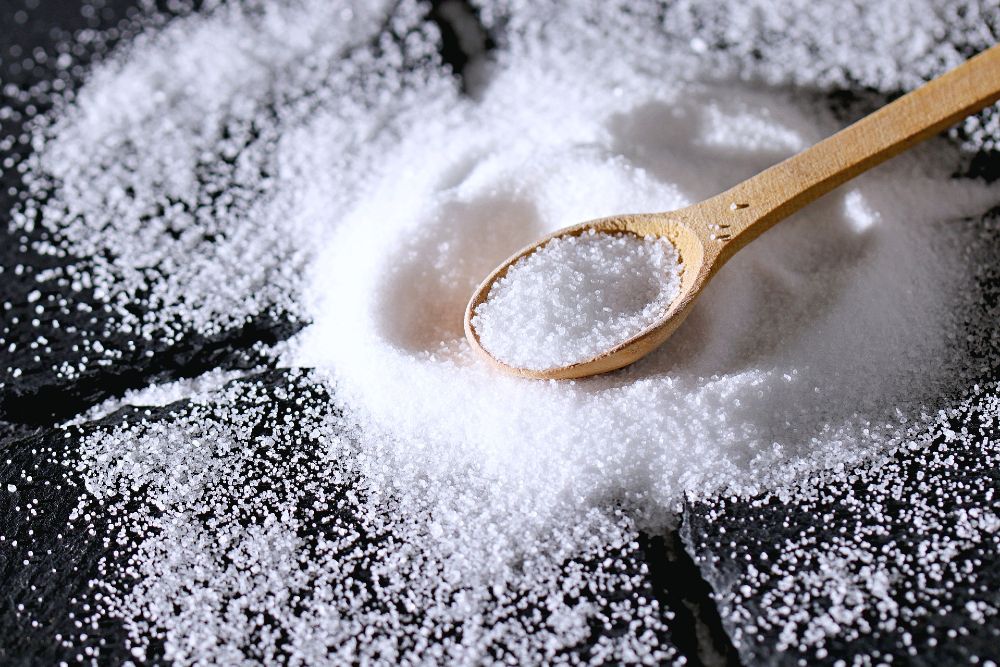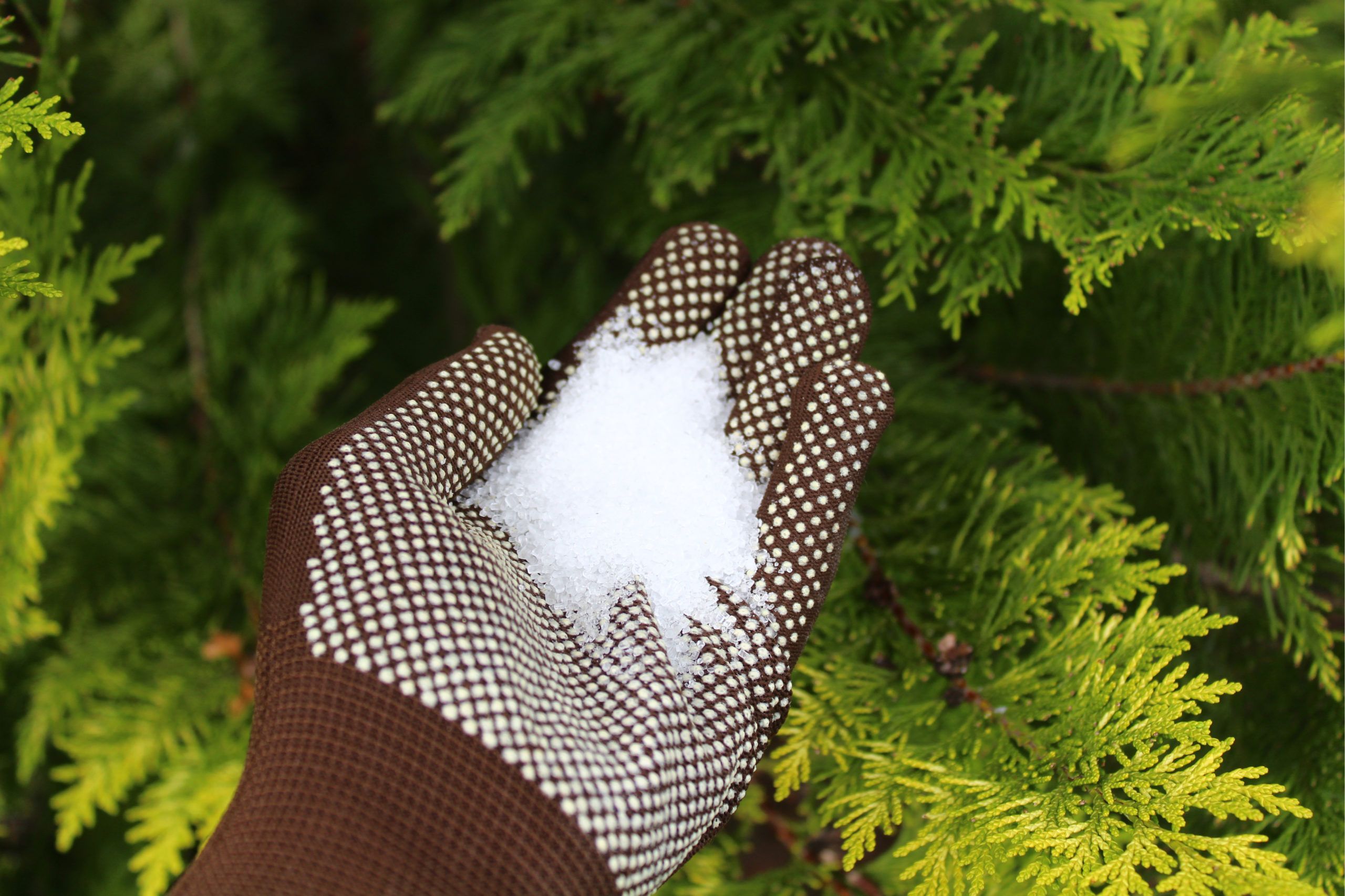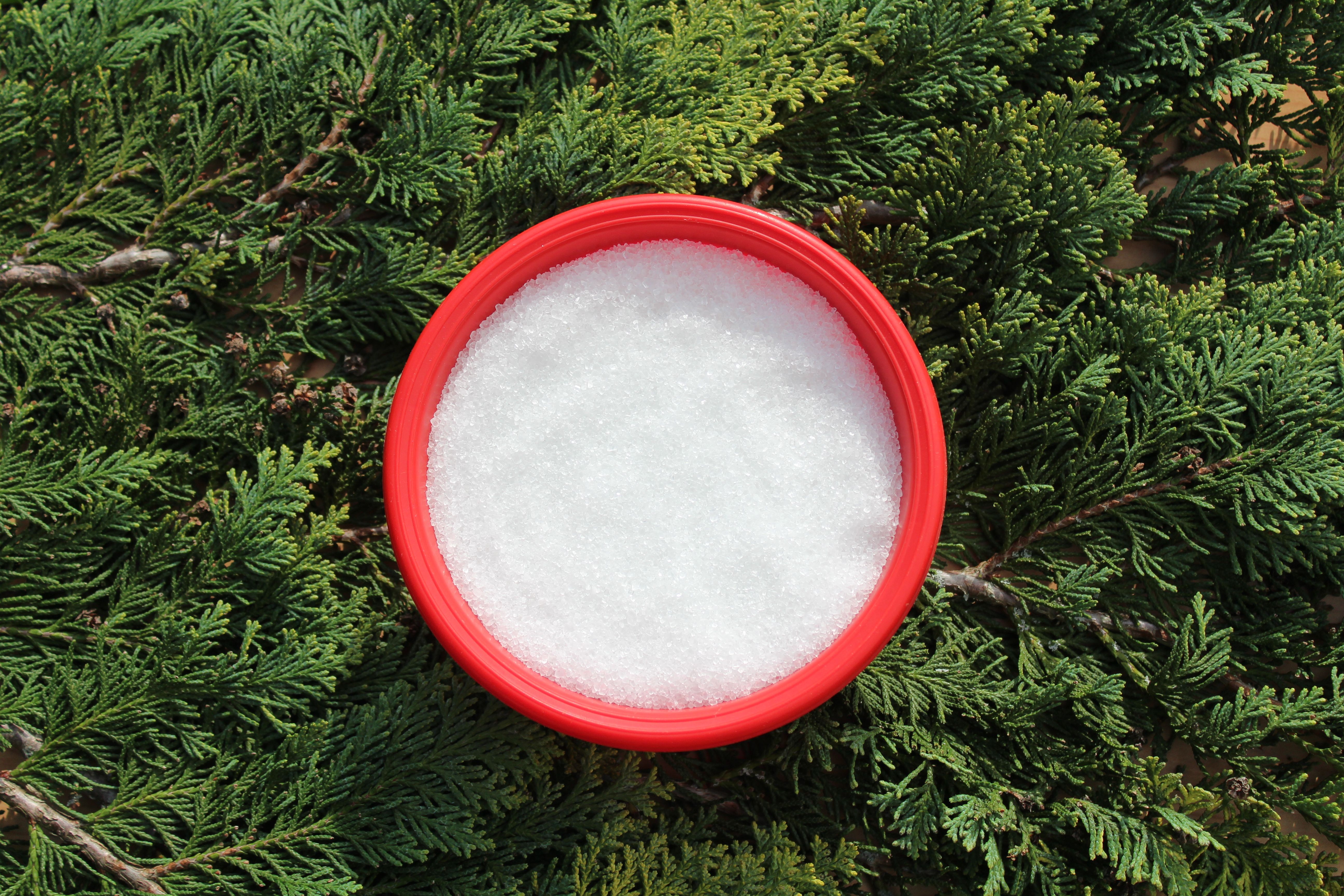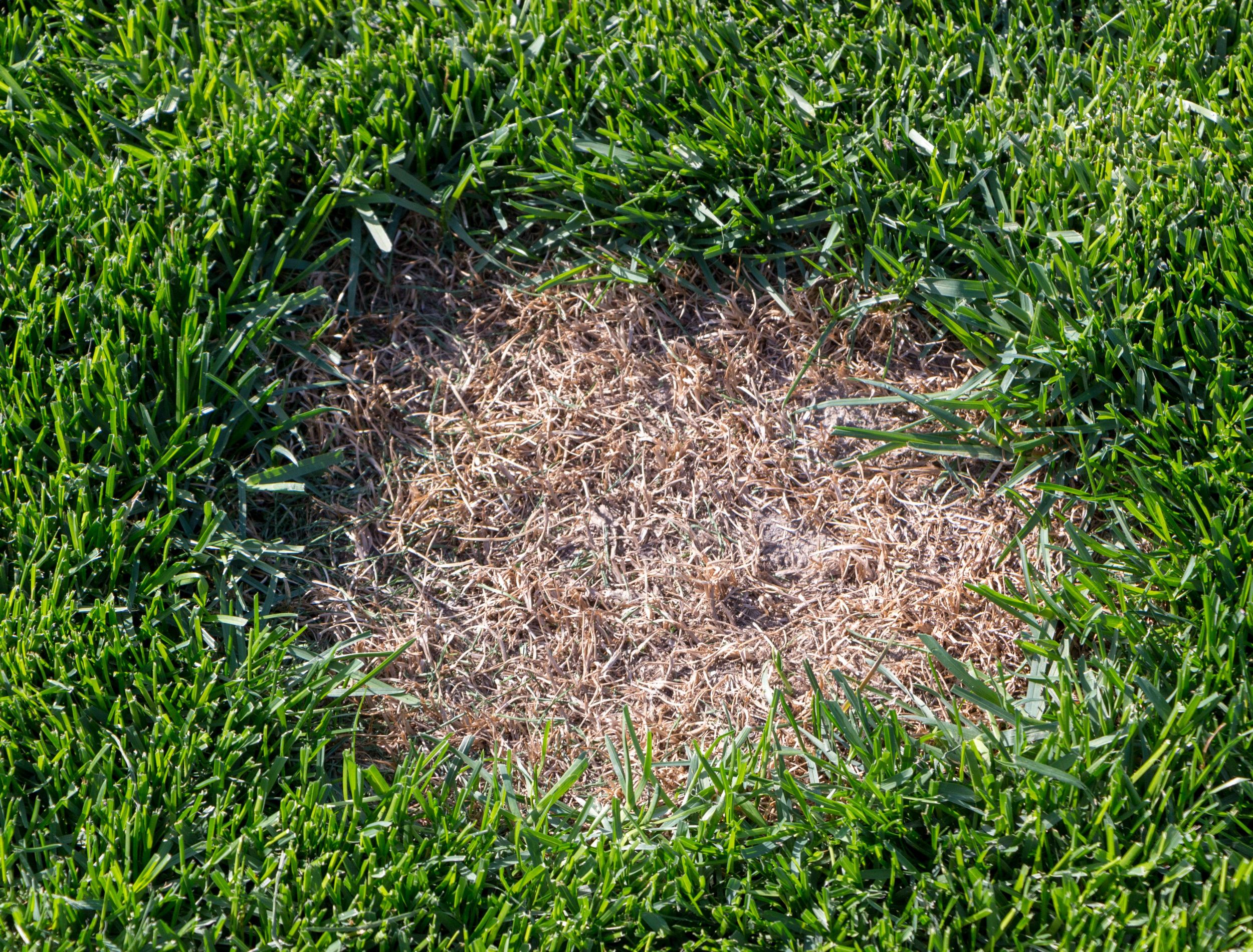If you're looking for a way to spruce up your lawn this summer and keep it green and healthy, look no further than using Epsom salt. With the simple addition of Epsom salt to your lawn care routine, you get optimal results without worrying about harsh synthetic chemicals or doing extensive work.
Whether you're trying to create a lush, inviting green space or simply maintain the existing environment, Epsom salt is a splendid solution for a homeowner. Discover why you should use Epsom salt on your lawn this season!
What is Epsom Salt?
Epsom salt is a simple mineral compound made up of magnesium sulfate. It's naturally occurring and was first discovered in the town of Epsom near London centuries ago. It has a very bitter taste and is inedible. Instead, gardeners have taken to sprinkling it across their yards for its many benefits!
For those with a green thumb, Epsom salt is an invaluable tool in the garden. Gardeners may add it to their soil to help boost magnesium and sulfur levels, which improve plant health and produce larger yields. It's also useful in taking care of lawns — by adding some salt directly onto grass, you ensure your turf absorbs key nutrients more efficiently!
Benefits of Using Epsom Salt on Your Lawn
Epsom salt is a versatile substance and offers many benefits to your grass and garden.
Seed Germination
Adding Epsom salt helps seeds germinate by providing essential nutrients, magnesium, and sulfur, necessary for healthy seed growth. Magnesium is vital in promoting root development, helps with nitrogen and phosphorus absorption, and aids in chlorophyll production, giving your grass a lush green color. Sulfur assists in making vital vitamins.
These nutrients help support the development of new plants and encourage rapid seedling growth, so if you're looking to get a head start on getting your lawn into shape this spring season, consider using Epsom salt on your lawn.
Soil Amendment
The soil also benefits from the addition of Epsom salt. In addition to fertilizer, it provides essential minerals to the soil, and it helps improve its overall structure and texture. This makes it easier for nutrients and water to be absorbed, which helps keep your grass healthy.
Deter Pests
Slugs and voles wreak havoc on your grass, but a simple sprinkle of Epsom salt may help keep them away. While synthetic chemical products effectively eliminate pests, Epsom salt may also help deter and kill slugs by drying them out. Voles avoid the area because they hate the taste.
Great Supplement
Using Epsom salt as a supplement to your regular fertilizer routine is one of the best ways to keep your lawn lush and green.
This natural mineral is composed of magnesium sulfate, which helps plants absorb key nutrients such as nitrogen, phosphorus, and potassium. These minerals are essential for promoting healthy plant growth, so having more available with an Epsom salt treatment gives your lawn a boost!
How to Use Epsom Salts on Your Lawn
If you're looking for a simple and effective way to give your lawn an extra boost of nutrition, then Epsom salts could be just what you need! Applying Epsom salt to your lawn is simple: all you need is a spreader or sprayer and some patience.
First, test your soil for deficiencies. If your lawn is magnesium deficient, using Epsom salt as an additive is safe. Use Epsom salt in conjunction with your fertilizing efforts in the spring and fall. Aim to fertilize in the late afternoon or early evening. This allows the Epsom salt and fertilizer combo to absorb into the soil before temperatures drop. Avoid fertilizing in the afternoon, as this may cause your lawn to burn.
To use a spreader, simply apply 3 pounds per 1,250 square feet of lawn area. Water your lawn after applying the Epsom salt so it reaches the roots.
For larger areas or if you have trouble evenly distributing the salt with a spreader, consider diluting it in water and using a sprayer instead.
Disadvantages of Using Epsom Salt on Your Lawn
Before you add Epsom salt to your gardening routine, it's important to understand the risks. While Epsom salt benefits certain plants, it may also be harmful if applied excessively.
For starters, one of the biggest disadvantages of using Epsom salt on your lawn is it may cause runoff and damage nearby bodies of water. Because of its high solubility rate (around 49 percent), this fertilizer may run off into rivers, streams, lakes, and ponds, where it builds up to toxic levels and harms aquatic life. To avoid this, use Epsom salt in moderation.
In addition, while sprinkling Epsom salt gives your lawn a boost of magnesium, there is no need to add it unless you have an existing magnesium deficiency in your soil. Adding too much creates an unhealthy imbalance of nutrients, leading to nutrient burn and other problems for your plants.
The Salt Bae for Your Lawn
Epsom salt is an effective tool to improve your lawn. Whether you've been struggling for years with your outdoor space or are just getting started, now is the perfect time to try this fantastic product. All it takes is the right application and a few simple steps to get your lawn looking its best. Take advantage of this opportunity to green up your outdoor living area and make it look great all year round!
Share this valuable information with your family and friends so they, too, can benefit from the power of Epsom salt. So why wait? Don't let another summer pass by without taking action. Start transforming your outdoor space today!





